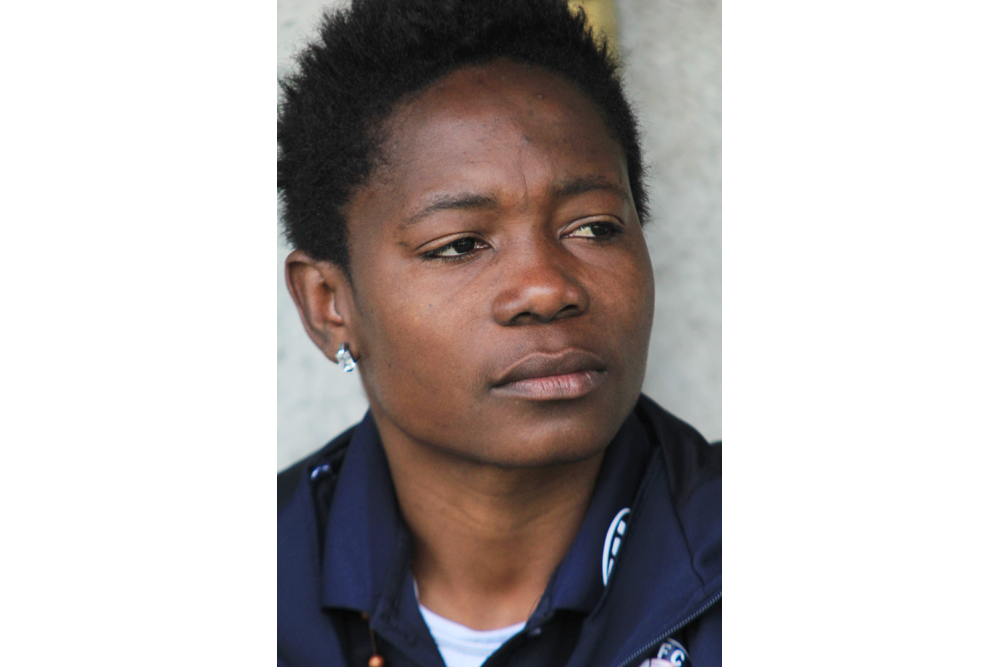Understanding a culture torn by war
Awareness of Afghan culture and the continued U.S. occupation of Afghanstan were major goals of Sunday afternoon’s “Afghan Education and Cultural Awareness Day.”
About 50 people were in attendence for the event, sponsored by Portland State’s Progressive Student Union.
Another goal for the day was to raise money for the Ghazni Education Programme (GEP), a non-profit organization focused on rebuilding and repairing schools in the Ghazni province of Afghanstan, said Lew Church, of the Progressive Student Union.
Four speakers gave their perspectives on the plight of the Afghan people, and the documentary “Years of Absence,” about the life of women and the state of schools in Afghanstan, was shown.
Jamila Wahab, who produced the documentary and whose family founded the GEP., was born in Afghanstan and lived in Pakistan until 12 years ago. She has returned to Afghanstan twice, most recently in April 2003 to film the documentary.
“I tried to capture the spirit of the Afghan people and the struggle they face,” Wahab said, adding that “the worst thing we could do is forget about them and their struggle when the media stops covering them.”
The audience also sampled Afghan food and tea, purchased traditional Afghan clothing and crafts, and viewed photos of life in Afghanstan. There were also plenty of GEP members present to answer questions and share their views on the Afghan situation.
Aziz Wahab, brother of Jumila Wahab, is an MBA graduate student at PSU.
“Anything we can do, like building schools, will really be helping toward the future,” Wahab explained while tending a table of Afghan photographs.
The first speaker, Dr. Catherine Thomasson of Physicians for Social Responsibility, spoke about the negative health effects of war.
“We haven’t seen the nasty pictures of Iraq and Afghanstan,” Thomasson said.
Included in her presentation were grisly images of civilians with missing limbs due to land mine explosions. Statistics indicate extremely high rates of civilian casualties in recent wars
Zaher Wahab, a GEP member and teacher in the School of Education at Lewis and Clark College, spent 12 out of the last 15 months in Afghanstan.
“Terrorism has not been eliminated, but that is not the point,” Zaher Wahab said. “The human rights conditions are as bad, if not worse, as they were prior to September 11.”
Zaher Wahab called for more U.S. funding for Afghanstan and for a plan for the creation of jobs and a new economy, noting, “there really is no commitment to development in Afghanstan.”
Will Seaman, of Portland Peaceful Response Coalition, addressed what individuals and communities can do to assist places like Iraq and Afghanstan, suggesting that people form advocacy groups for specific regions.
“I would like to advocate very strongly that each of us chose a region of the world that we want to work on,” Seaman said.
Jamila Wahab’s documentary ended the day with images of Kabul in ruins, and schools with no electricity and very few supplies.
Few PSU students were at the event, which Church speculated may have been due to the event’s being held on a Sunday.
For more information on the Ghazni Education Programme, visit www.ghaznieducation.org.


